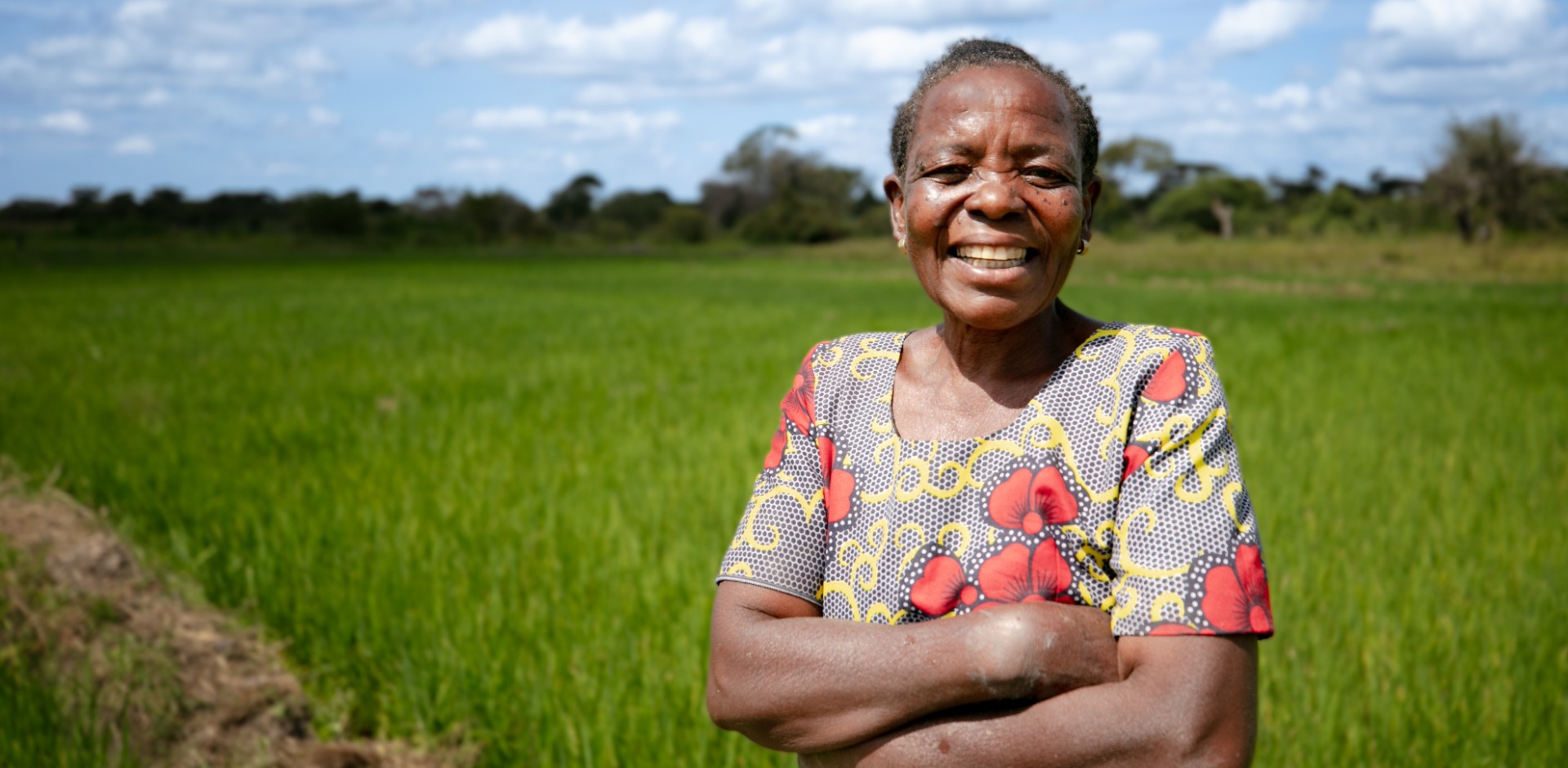
INTERNATIONAL DEVELOPMENT WEEK
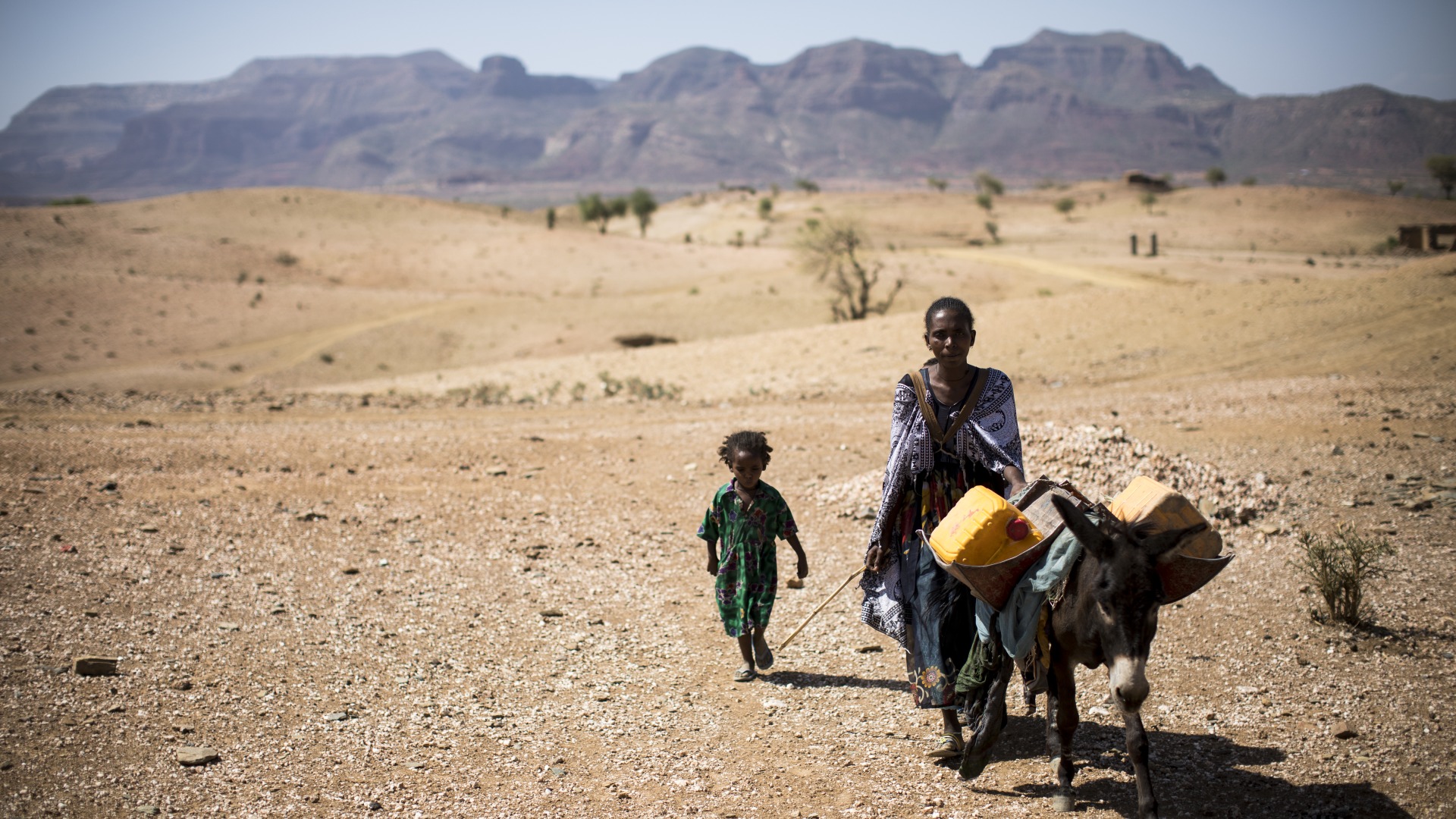
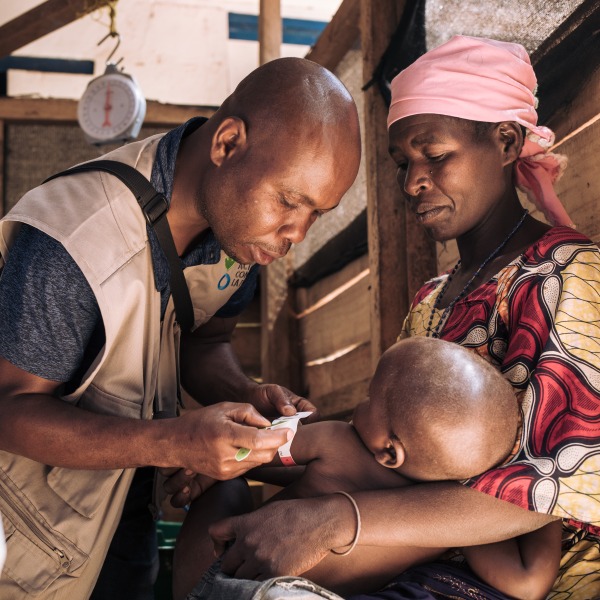
Millions of people in Africa live in extreme poverty without access to safe drinking water and reliable sources of food.

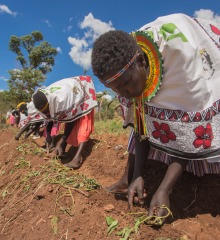
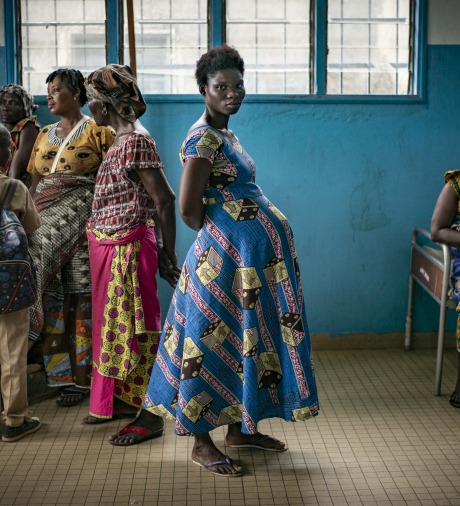
Sub-Saharan Africa faces the highest rate of undernutrition in the world; one in five people there face hunger. Ongoing conflicts, drought, surging food prices, inequity, and weak infrastructure drive hunger in many communities across Africa.
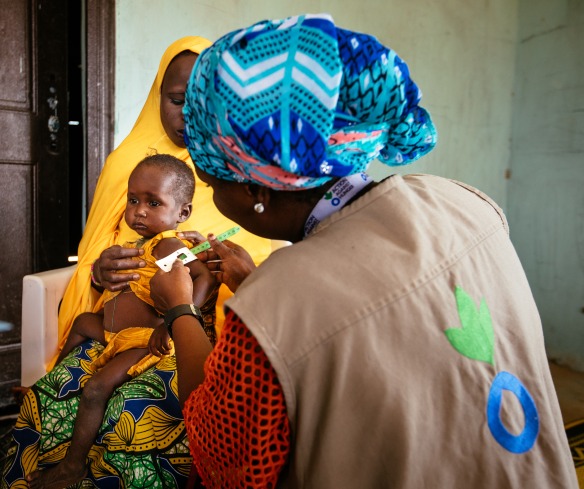
People Face Hunger in Sub-Saharan Africa
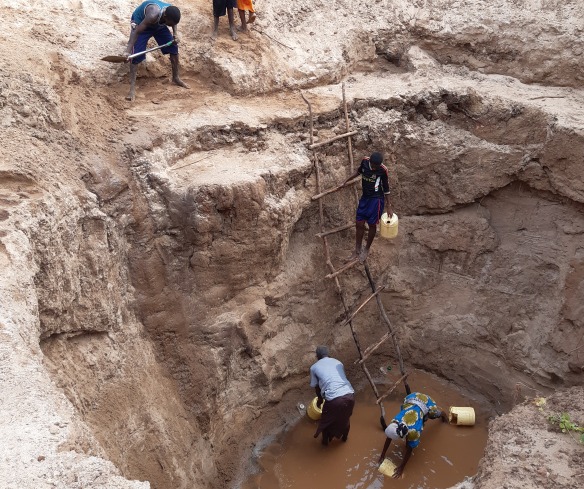
People in Sub-Saharan Africa Do Not Have Reliable Water Sources
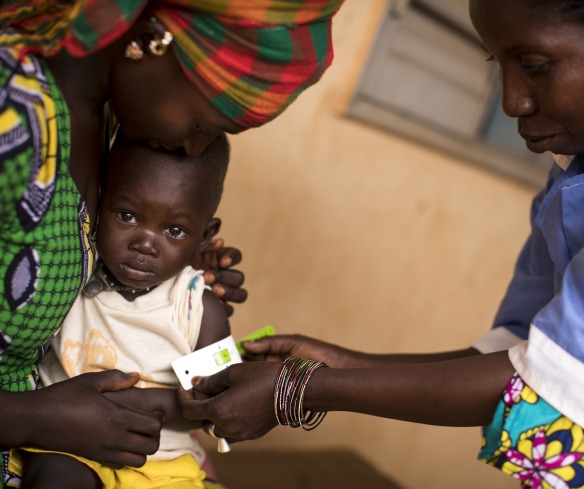
Of People in Sub-Saharan Africa Are Undernourished
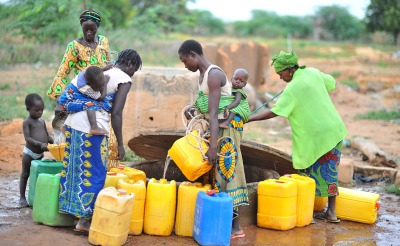
Conflict and poverty drive food insecurity in Burkina Faso.
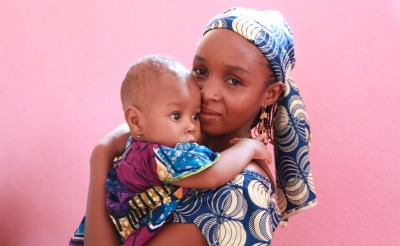
Action Against Hunger's farmer schools in Cameroon teach climate-smart growing techniques.
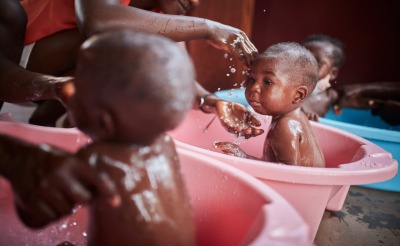
Malnutrition is a major public health problem in Central African Republic.
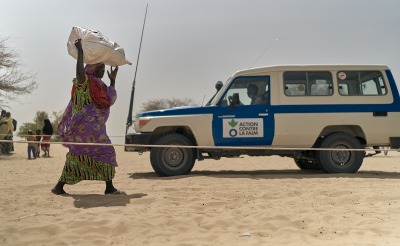
In Chad, climate crises and attacks by armed groups in the Lake Chad Basin drive severe malnutrition.
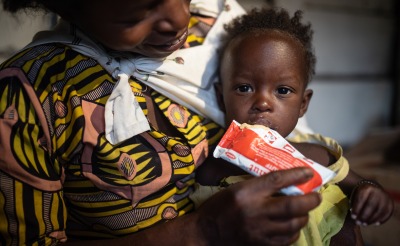
Africa’s second largest country faces extreme poverty and undernutrition.
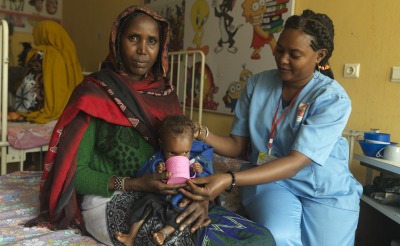
Hunger is widespread in Ethiopia, where the most severe drought in decades drives food insecurity.
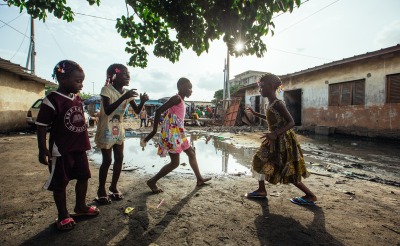
Despite its economic growth in recent years, hunger persists in Ivory Coast.
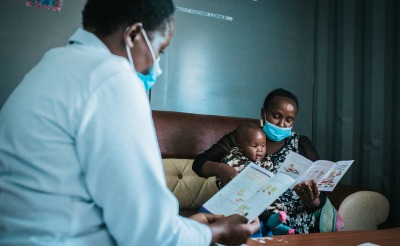
Communities in Kenya face widespread drought, failed harvests, malnutrition, and poverty.
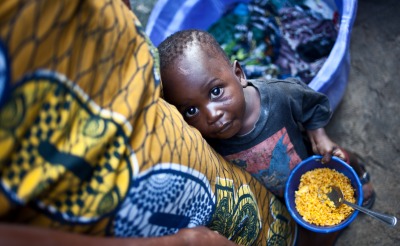
Widespread hunger persists in Liberia following its long, devastating civil war.
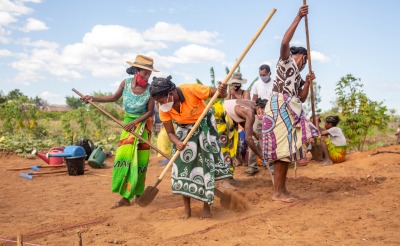
Madagascar is one of the ten countries most vulnerable to climate disasters around the world.
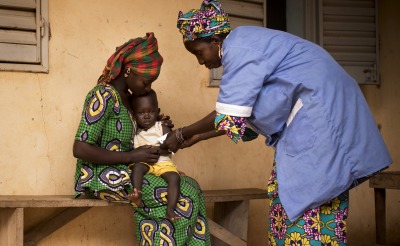
Drought and conflict have left more than 30% of children in Mali chronically malnourished.
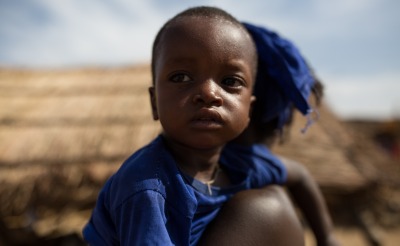
Less than one percent of land is usable for agriculture in Mauritania.
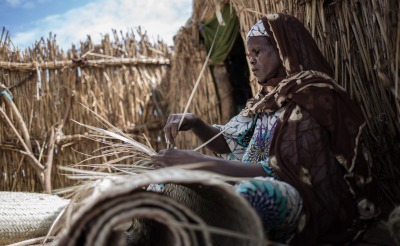
In Niger, one of the world's poorest nations, about one in five people cannot meet their food needs.
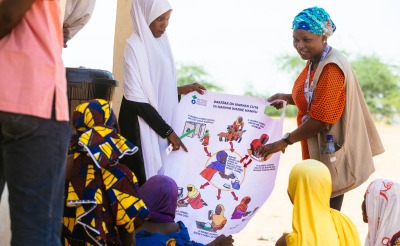
Nigeria is Africa’s wealthiest nation, yet food insecurity remains extremely high.
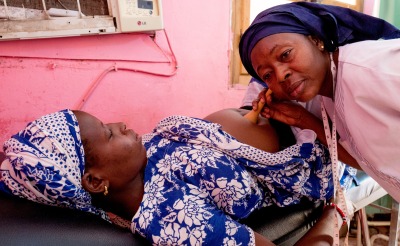
Despite economic growth, chronic poverty and hunger persist in Senegal.

More than half of Sierra Leone's population lacks reliable access to food.

Drought and persistent conflict have caused a long-term humanitarian crisis in Somalia.

Humanitarian needs in Sudan are at an all-time high, with 15.8 million people in need.

Crisis continues in South Sudan due to conflict and weak essential services such as sanitation and healthcare.
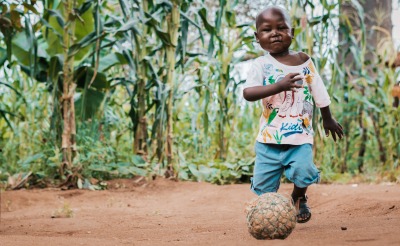
Much of Tanzania has access to food, but many children still suffer from chronic undernutrition.
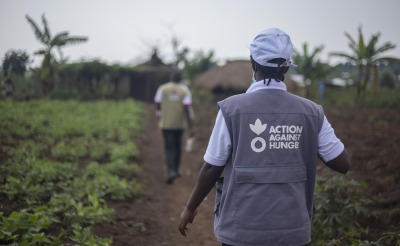
Uganda hosts millions of refugees, and poverty limits people's access to food.
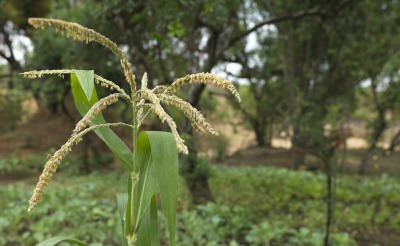
More than half of Zambia's population lives in poverty.
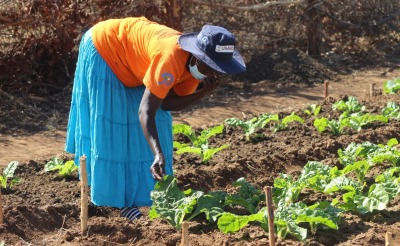
Many Zimbabweans suffer from malnutrition coupled with HIV/AIDS.
Lack of access to nutritious food is truly devastating to children, families, and entire communities. Meet Fatuma, a displaced mother of two who lives in a displacement camp outside of Somalia’s capital city of Mogadishu. Fatuma was forced to leave one of her children behind to escape an abusive marriage. When she regained custody of her daughter, she found that her little girl was suffering from neglect and malnutrition.
Fatuma’s story shows the hardships that women and children face in displacement camps, where poverty and poor hygiene can lead to malnutrition. However, with the right support, there is hope. We have more than 40 years of experience saving lives and supporting self-sufficiency for some of the world’s most vulnerable people. We help communities become more resilient to extreme poverty and hunger and enable families to recover from crisis.
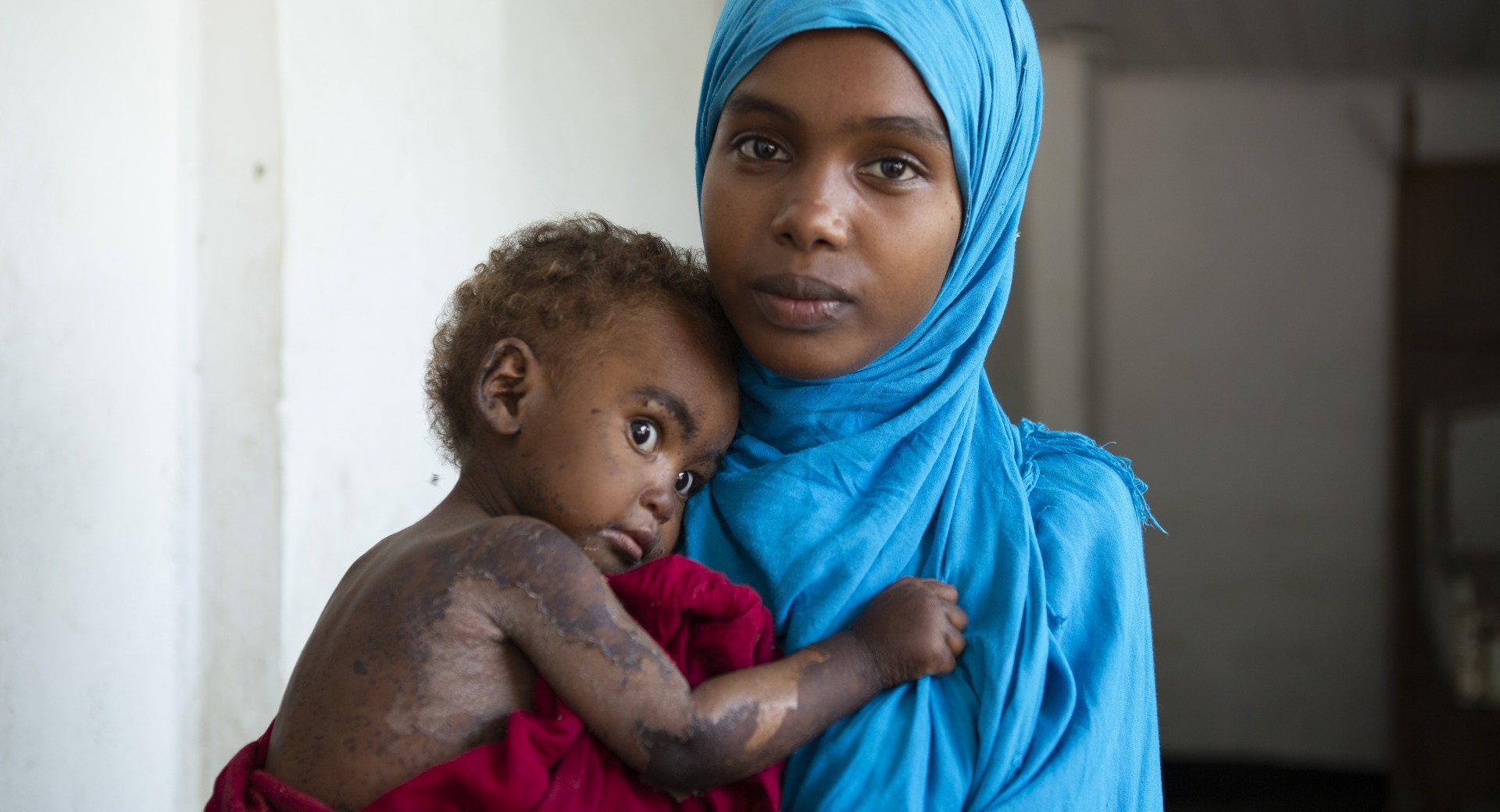
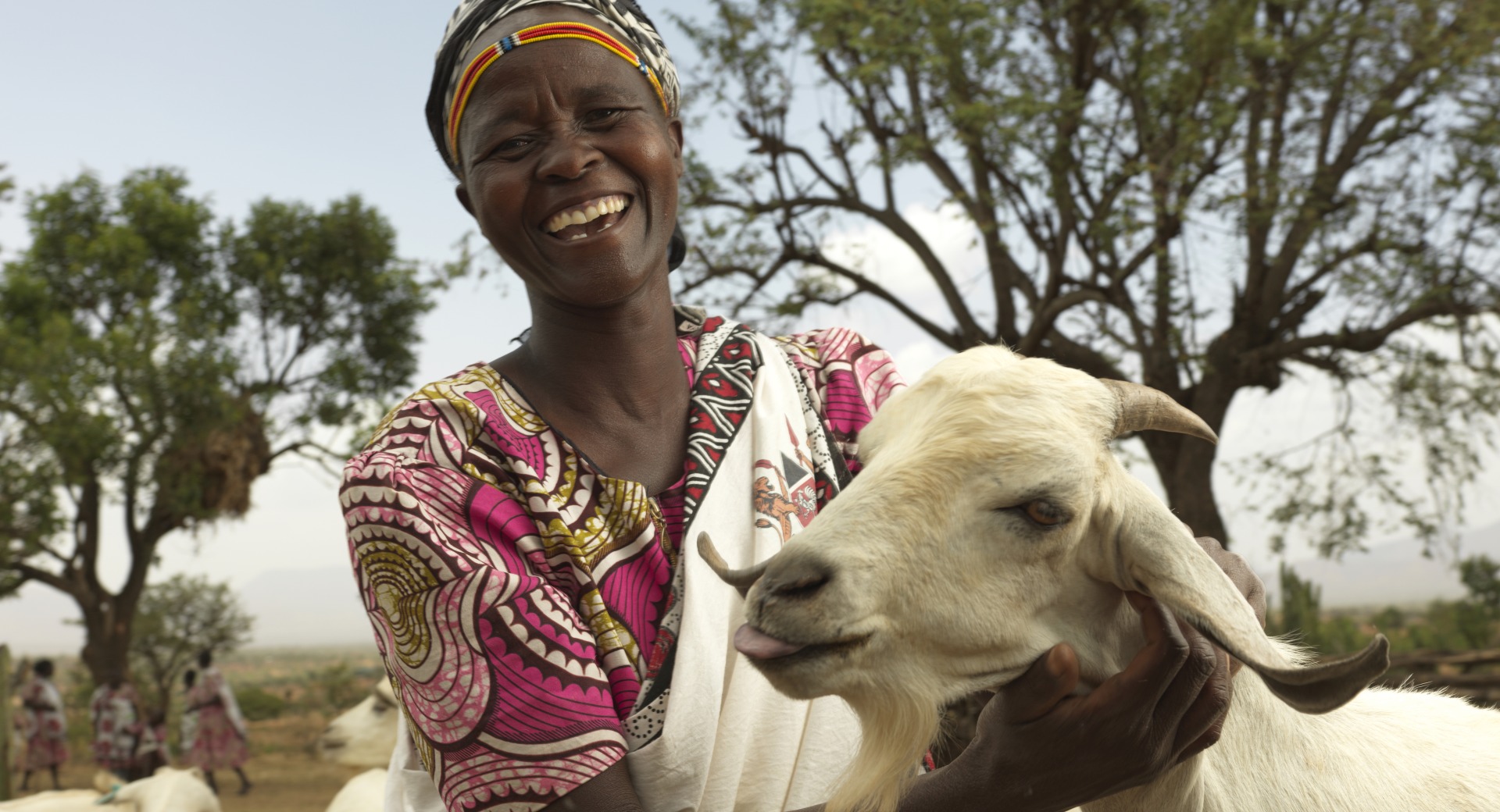
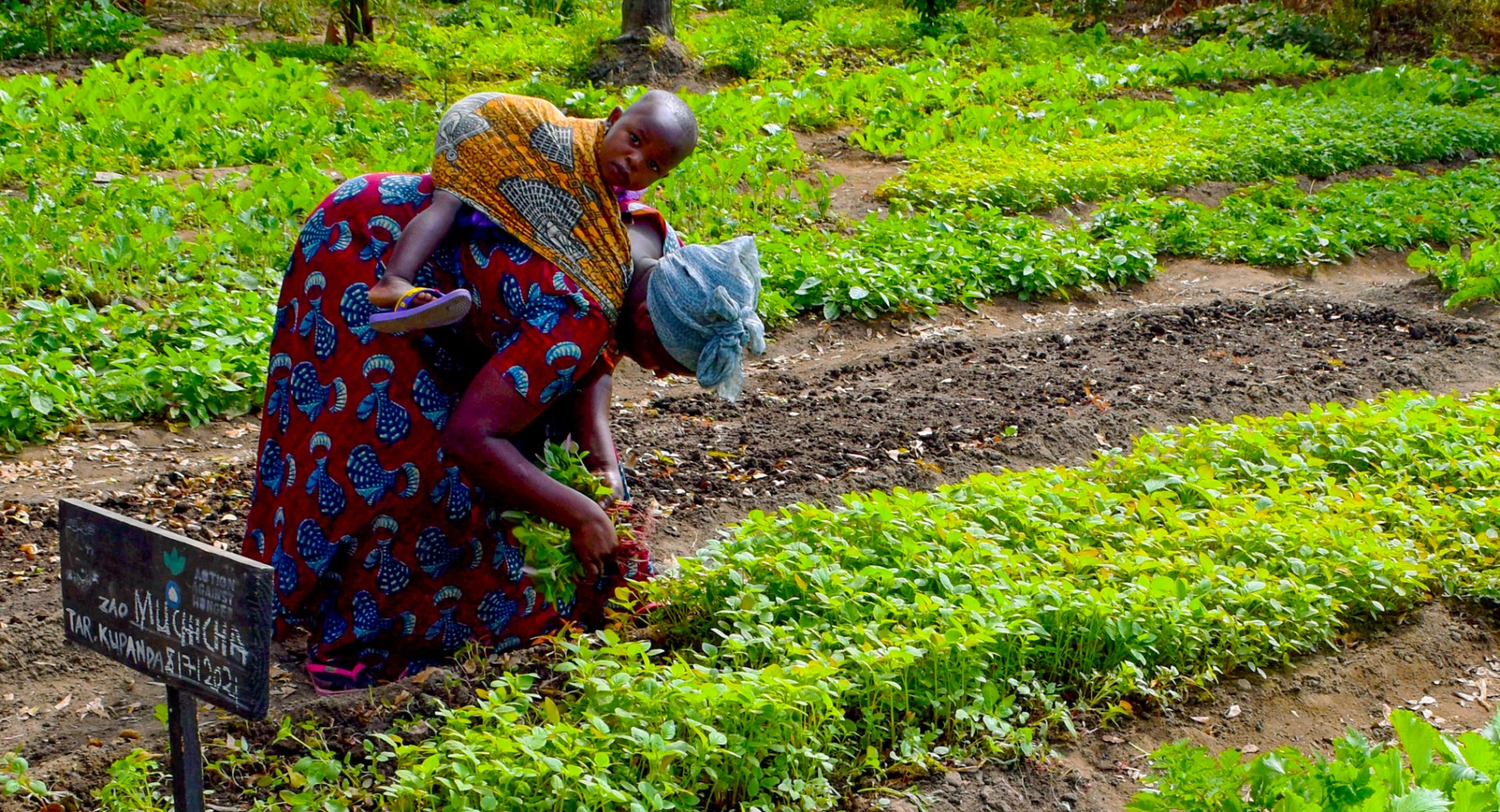
As a mother, I never thought I would see my daughter this sick. In that instant, I didn't think she would come out of this alive.”
— Fatuma in Somalia
Child malnutrition in Somalia: A mother's challenges and perseveranceWhen Action Against Hunger came, that’s when our minds opened up. This is why we are now thinking in terms of buying goats to empower ourselves as women.”
— Rosalyn in northwestern Kenya
Goats and Big Dreams in KenyaIn Tanzania, Action Against Hunger taught Anceran, known as the "Mother of Vegetables," how to create gardens with limited land and water and how to preserve her crops using solar driers.
How the ‘Mother of Vegetables’ Turned Her Life AroundAcross Africa, Action Against Hunger provides lifesaving treatment to children suffering from the deadliest form of hunger, known as acute malnutrition. We partner with parents and communities to bring treatment to children in need, faster, and we educate and change behaviors to help prevent malnutrition from occurring in the first place.
Our food security and livelihoods programs empower vulnerable communities to improve their access to food, income, and markets. We train and build the capacity of small-scale farmers to implement climate-smart agriculture techniques, increase production, and safely store and market their crops. Our teams help herders to improve the health of their livestock and find pasture lands to feed them. We also help mothers save money and access capital to start businesses.
In humanitarian emergencies, we provide cash transfers or cash-for-work programs to help families in crisis buy food and support local markets while also enabling them to make their own choices about their most urgent needs.
Join our community of supporters passionate about ending world hunger.